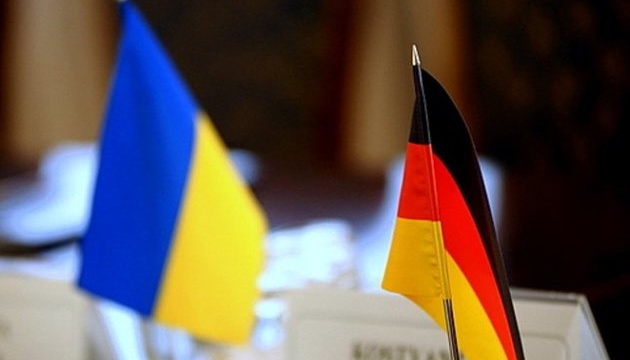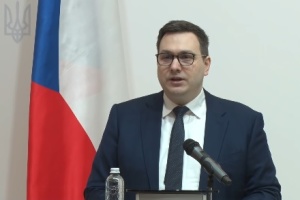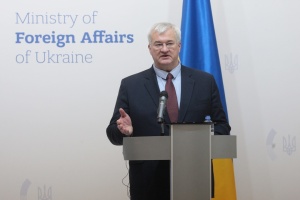
Ukraine's partners should not send Putin even slightest false signals - German expert
That’s according to Ralf Fücks, chief of the Berlin-based Liberale Moderne think tank, who spoke in a comment to Ukrinform.
"If Russia succeeds in its aggression, the cost for Europe will be much higher than the cost of constant support for Ukraine. It would be a serious mistake to signal to Putin now that Germany is cutting aid to Ukraine. The Kremlin is just waiting for the West to get weary," Fücks noted.
He noted that the report from the Ministry of Finance that, although the existing commitments must be fulfilled, from now on there are no additional financial resources to sustain arms and ammo supplies to Ukraine "hit the German public like a bomb."
Meanwhile, the government has already begun to walk back on the statement, including due to massive criticism from the Bundestag and civil society. Therefore, the expert is sure that "Germany will continue to be a strong ally of Ukraine."
He added that it is certainly correct to use Russian state assets frozen in Europe for the benefit of Ukraine. However, it remains unclear whether the proposed $50 billion facility model for Ukraine becomes a reality. In addition, Fücks noted, this money should be given to Ukraine as a supplement but not a replacement of the existing help coming from partners.
Answering a question about the likelihood of Taurus long-range missiles being eventually sent to Ukraine, Fücks expressed his belief that whether the government led by Olaf Scholz undertakes such a commitment will depend to a decisive extent on the stance of the U.S. administration.
If there is pressure from Washington in this regard, the federal government may move. Otherwise, there should be hopes for a new political constellation after the upcoming parliamentary election in Germany, the expert noted. So far, in the chancellor's office, the pundit believes, concern prevails that the use of Taurus missiles against targets inside Russia could lead to further escalation.
"We are thinking about some of Putin's ‘red lines’ instead of showing strength. The only language the Kremlin understands is military deterrence," Fücks emphasized.
Recently, there has been a heated discussion in Germany and across international media about the situation of Germany’s 2025 budget in the context of funding security assistance to Ukraine. It follows from the statements of government officials that, starting next year, the plan is to use for the Ukraine aid mainly the profits from the frozen Russian assets within the framework of the US$50 billion facility proposed by G7 leaders in June. Currently, consultations are in progress regarding the implementation of the facility. The money is set to be transferred to Ukraine at the end of this year.




